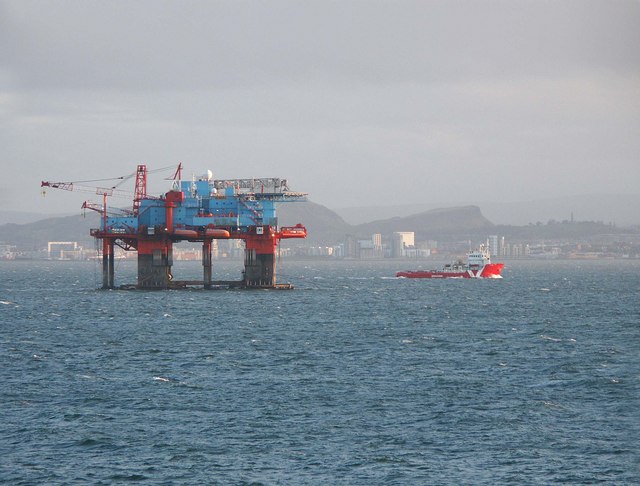
Simon Johnston
According to the agency interlocutors, this option has been discussed in recent months by high-ranking Saudi officials in the energy sector. Two sources said the plan was discussed with OPEC members, and one source said that Riyadh also announced the threat to senior US energy officials.
In February, the US House of Representatives Committee approved the NOPEC (No Oil Producing and Exporting Cartels Act) bill, which gives US courts the authority to consider antitrust claims against OPEC countries and other cartel participants in the oil market.
NOPEC was first introduced in 2000. Despite numerous attempts, the bill was never passed. However, the paper received additional support since the US President Donald Trump came to power.
Saudi Arabia controls a tenth of world oil production. Its oil company Saudi Aramco has the status of the world's largest oil exporter, with sales of $ 356 billion last year. Not all of this oil is traded in US dollars. However, at least 60% is shipped through tankers and international pipelines, and most of these transactions are carried in dollars.
“I don’t think that the NOPEC bill will be passed, but the Saudis have a plan for this case,” one source said.
In response to NOPEC, Saudi Arabia is also considering sale of the kingdom’s assets in the United States, according to Reuters sources. Saudi Arabia has invested almost $ 1 trillion in the United States and owns US treasury bonds worth about $ 160 billion.
Riyadh could also refuse to peg the Saudi riyal, which has been trading at a fixed rate since 1986, to the dollar, sources said.
source: reuters.com
In February, the US House of Representatives Committee approved the NOPEC (No Oil Producing and Exporting Cartels Act) bill, which gives US courts the authority to consider antitrust claims against OPEC countries and other cartel participants in the oil market.
NOPEC was first introduced in 2000. Despite numerous attempts, the bill was never passed. However, the paper received additional support since the US President Donald Trump came to power.
Saudi Arabia controls a tenth of world oil production. Its oil company Saudi Aramco has the status of the world's largest oil exporter, with sales of $ 356 billion last year. Not all of this oil is traded in US dollars. However, at least 60% is shipped through tankers and international pipelines, and most of these transactions are carried in dollars.
“I don’t think that the NOPEC bill will be passed, but the Saudis have a plan for this case,” one source said.
In response to NOPEC, Saudi Arabia is also considering sale of the kingdom’s assets in the United States, according to Reuters sources. Saudi Arabia has invested almost $ 1 trillion in the United States and owns US treasury bonds worth about $ 160 billion.
Riyadh could also refuse to peg the Saudi riyal, which has been trading at a fixed rate since 1986, to the dollar, sources said.
source: reuters.com


















